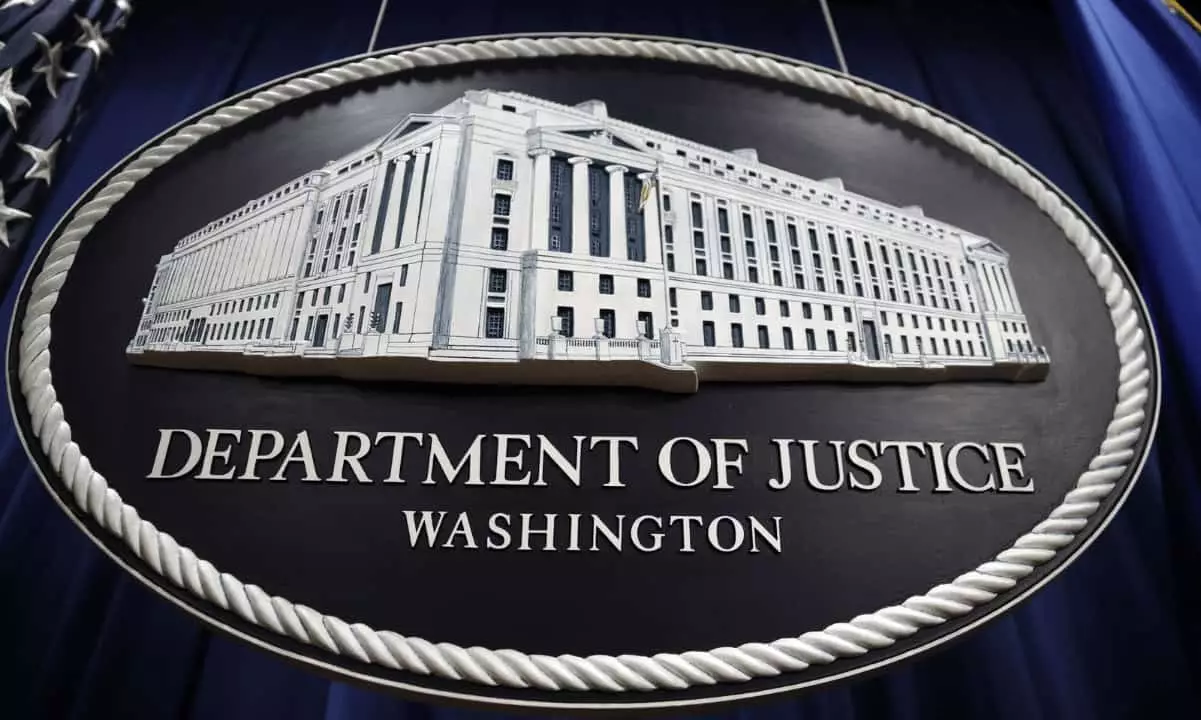The world of cryptocurrency has been fraught with challenges and controversies, particularly as it relates to illicit activities and regulatory compliance. A recent case from Indiana highlights these issues through the indictment of Maximiliano Pilipis, a former resident accused of serious financial crimes involving an unlicensed virtual currency exchange. This incident raises crucial questions about the regulation of digital currencies and their potential misuse.
Maximiliano Pilipis, now 53, stands indicted on multiple charges by a federal grand jury, highlighting the complexities involved with cryptocurrency transactions. The indictments include five counts of money laundering and two counts of failing to file a tax return. Central to these accusations is Pilipis’s establishment of AurumXchange, a virtual currency exchange platform that operated from 2009 to 2013. The indictment paints a picture of a substantial financial operation, with AurumXchange facilitating over 100,000 transactions, amounting to more than $30 million in funds exchanged.
By allowing the conversion of Bitcoin and other cryptocurrencies into fiat money—specifically U.S. dollars and various international currencies—AurumXchange positioned itself as a significant player in the cryptocurrency market. However, Pilipis is accused of doing so without appropriate licensing or adherence to federal regulations, which are designed to ensure the integrity of the financial system. This lack of compliance raises significant concerns, especially considering the connection to illicit activities historically associated with cryptocurrency, including ties to the infamous Silk Road.
Silk Road was a notorious online marketplace known for enabling illegal transactions, particularly drug sales, using cryptocurrencies to maintain user anonymity. According to prosecutors, some users of AurumXchange transferred funds linked to Silk Road, suggesting that Pilipis’s platform may have unwittingly, or perhaps willfully, facilitated money laundering efforts for these illicit activities. The idea that AurumXchange could potentially serve as a conduit for masked financial transactions creates an urgent need for more stringent regulatory measures within the cryptocurrency space.
The policies established by the U.S. government for money transmitters demand strict adherence to identity verification, transaction reporting, and thorough record-keeping. These safeguards are designed to prevent illicit activities and protect national financial security. Pilipis’s alleged compromises to these regulations underscore a dangerous trend prevalent in cryptocurrency dealings, where anonymity can be exploited to evade law enforcement scrutiny.
The case against Pilipis takes a further twist as it reveals actions he allegedly undertook following the cessation of AurumXchange’s operations in 2013. Prosecutors claim that after discontinuing the exchange, he engaged in a sophisticated scheme to hide the proceeds obtained from the platform. This included splitting and transferring Bitcoin funds to obscure their origins, as well as converting portions into U.S. dollars and investing in real estate ventures in Indiana.
Law enforcement alleges that throughout 2019 and 2020, Pilipis generated significant income yet failed to file federal income tax returns, indicating a potentially systematic approach to evading financial scrutiny. This aspect of the case reflects broader issues in the crypto world, where tax obligations are often convoluted and overlooked, potentially leading to significant legal repercussions for offenders.
The indictment of Maximiliano Pilipis highlights the crucial intersection of cryptocurrency with legal and regulatory frameworks. U.S. Attorney Zachary A. Myers noted the Department of Justice’s commitment to combating the criminal misuse of digital assets, underlining the increasing accountability necessary in this burgeoning financial landscape. If found guilty, Pilipis faces severe legal consequences, including up to ten years in federal prison and substantial financial penalties.
Overall, the Pilipis case serves as a stark reminder of the vulnerabilities within the cryptocurrency ecosystem. As digital financial transactions continue to grow, regulatory bodies will need to adapt robust frameworks to not only promote innovation but to also prevent misuse and ensure compliance with the law. The evolving nature of digital currencies invites not just opportunity but ongoing challenges in policing financial integrity, making cases like this critically significant in shaping future policy.
















Leave a Reply